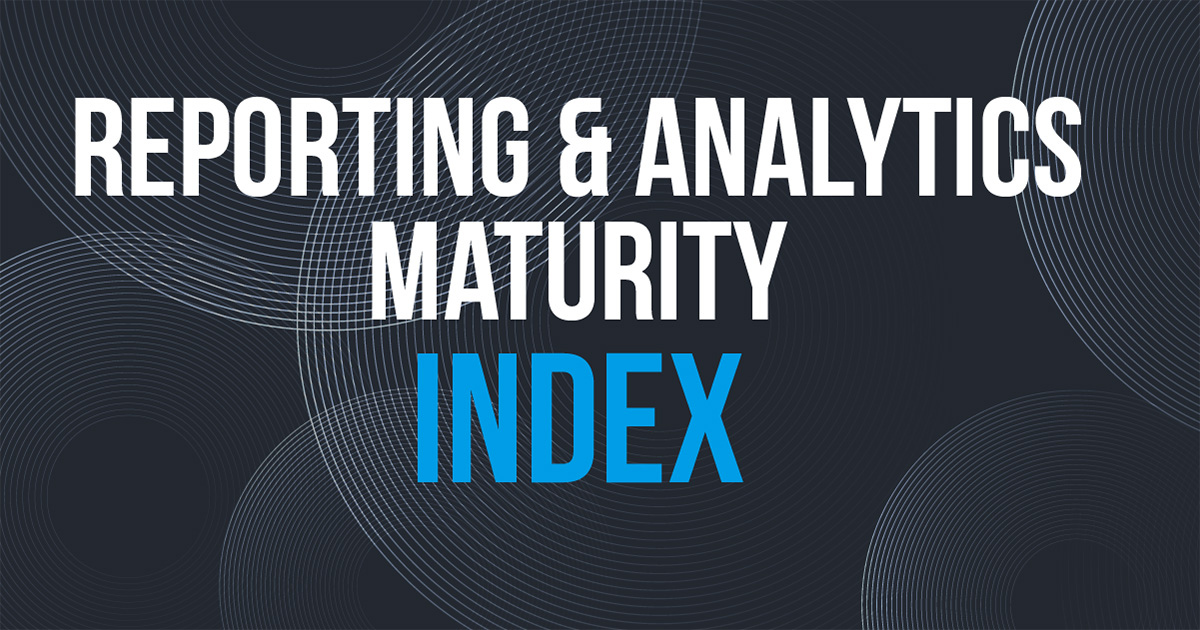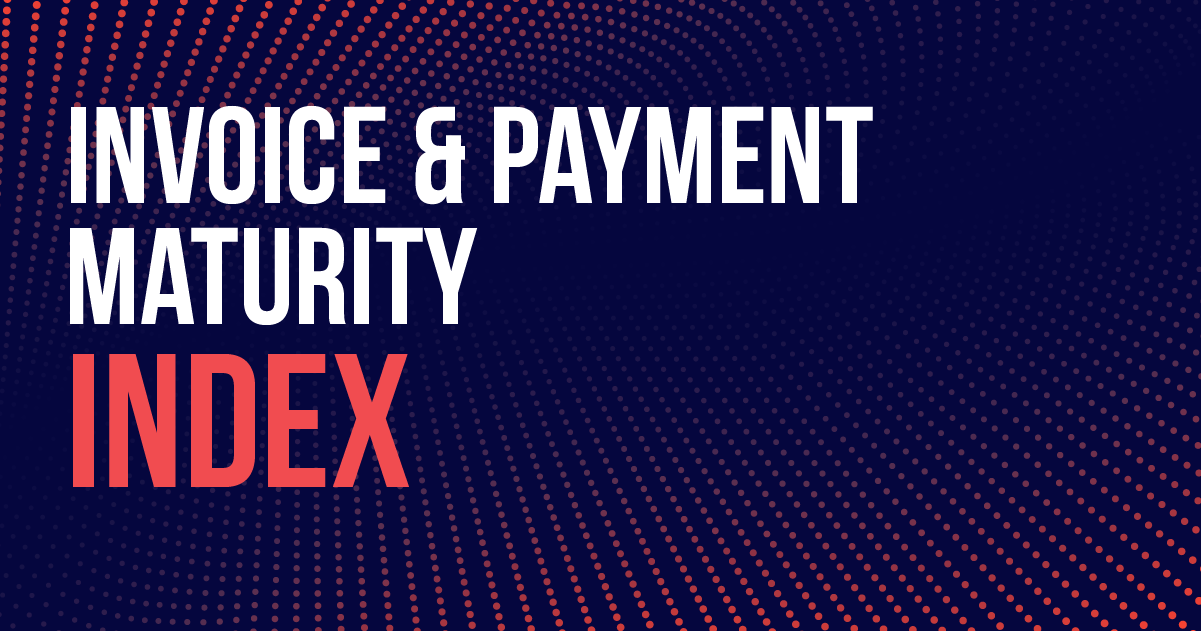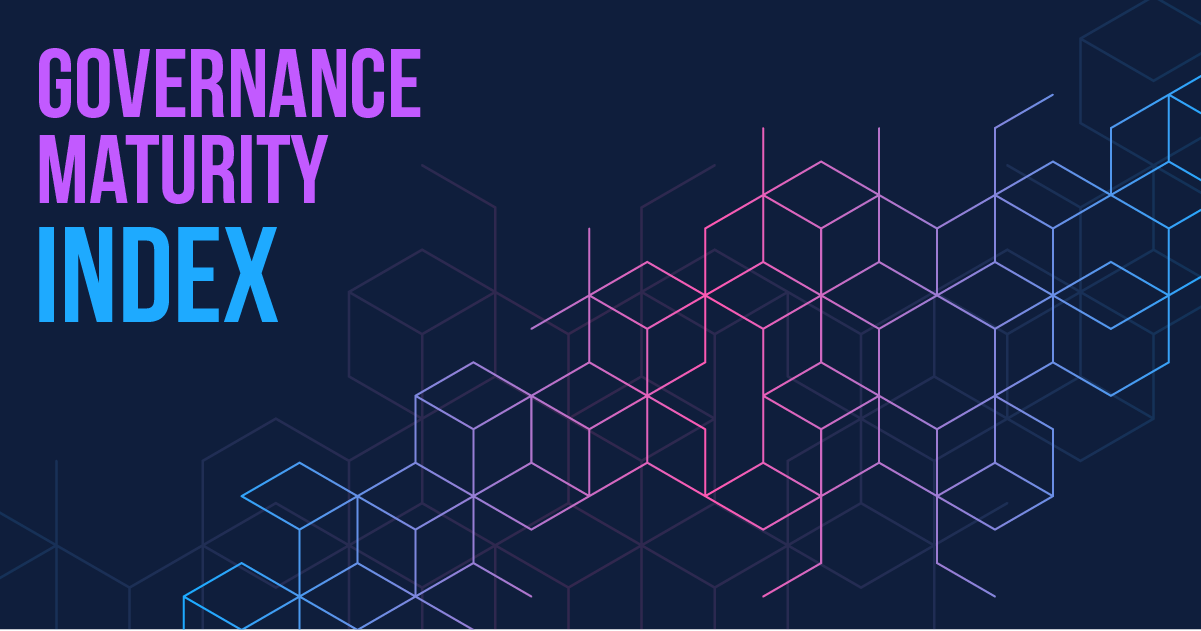In today’s procurement landscape, complexity isn’t a sign of failure—it’s a given. Whether you’re navigating industry consolidation, platform fragmentation, evolving compliance demands, or workforce turnover, the path forward is rarely straight. And increasingly, procurement leaders are being asked to do more with less, while still delivering enterprise-wide value.
Post-M&A, Platform Sprawl, and Integration Chaos
Consider the case of one of our clients, a global life sciences company navigating the aftermath of a strategic acquisition. Following the divestiture of one of its manufacturing sites, the organization paused a major ERP unification project—leaving behind an operational web of disconnected systems: dual ERPs (Oracle and SAP), a cloud-based procure-to-pay platform, and a shrinking in-house team with little time—or capacity—for system stewardship.
This isn’t unusual in 2025. Regulatory pressures, the rise of digital therapeutics, and accelerated investment in R&D have left many pharmaceutical and life sciences firms with partially implemented platforms and fractured support models.
What’s different is how this organization stayed functional.
They turned to RiseNow Managed Services.
A Strategic Extension of the Procurement Function
Rather than attempt to rebuild internal capabilities or rely solely on the platform vendor’s limited support model, this organization engaged RiseNow as a strategic managed services partner. Our role quickly evolved from a post-implementation support team to a mission-critical function—bridging the gap between multiple systems, business units, and external providers.

Our role is to support continuity and alignment across systems, teams, and processes—especially when internal capacity is limited. But continuity isn’t just about solving today’s problems—it’s also about building sustainable capability for the future.
A New Talent Model
As procurement operating models evolve, the need for consistent system knowledge and functional expertise is only growing. At the same time, organizations are facing well-documented challenges in retaining talent with deep platform experience and cross-functional understanding.
To help address this gap, RiseNow launched RiseTalent—an apprenticeship-driven approach to building and sustaining the next generation of procurement technologists. Participants are trained in real-world client environments and supported by senior mentors, ensuring continuity across systems and processes that might otherwise be vulnerable to turnover or organizational shifts.
For clients, this model offers more than just capacity—it ensures a sustainable, embedded knowledge base that can adapt alongside their changing business needs. And that adaptability is critical in today’s environment.
Why It Matters Now
With procurement leaders facing increasing pressure to reduce cost, manage risk, and deliver innovation, the old model of reactive, break-fix support no longer cuts it.
2025 has brought new challenges:
- AI-driven procurement tooling is surging—but often lacks proper integration and oversight
- Data compliance and traceability are under sharper scrutiny, especially in regulated industries
- Global instability has reinforced the need for systems resilience and adaptability
- Talent churn is making knowledge transfer and system stewardship harder than ever
In this environment, a partner who can own the unknowns, optimize without disruption, and train your teams while solving your problems is not just helpful—it’s essential.
Procurement Leaders: It's Time to Rethink Managed Services
If your procurement technology stack is held together by institutional memory, siloed vendors, and undocumented integrations, now is the time to stabilize.
RiseNow provides strategic managed services for procurement teams who can’t afford to slow down. We bring real-world experience, practical expertise, and a future-focused delivery model that includes both seasoned professionals and rising stars from our RiseTalent program.
If your organization is navigating acquisition fallout, ERP transition delays, BPO dependency, or P2P platform fatigue—let’s talk.










